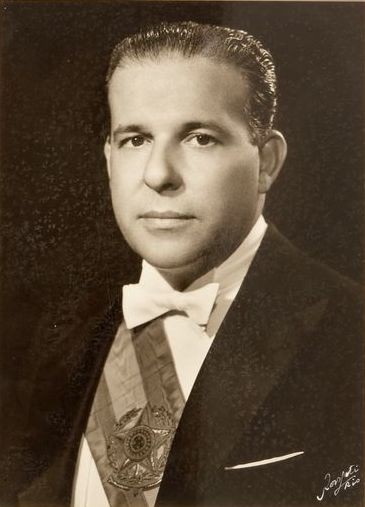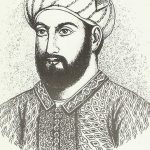
João Goulart
| João Goulart Wiki | |
|---|---|
| Name | João Goulart |
| Profession | World Leader |
| Death date | December 6, 1976 |
| Date of Birth | March 1, 1919 |
| Horoscope | Pisces |
| Country | Brazil |
| Height | Check Below |
| Net Worth | See Below |
Birthday Countdown
João Goulart, born on March 1, 1919, in Itacurubi, Sao Borja, Rio Grande do Sul, Brazil, was a prominent Labour Party politician who made significant contributions to Brazilian politics. He served as the President of Brazil from 1961 until 1964, before his presidency was abruptly ended by a military coup orchestrated by General Olimpio Mourao Filho.
Early Life and Education
Goulart was raised by six sisters and two brothers, and he was the son of Vicente and Vicentina Goulart. Despite his early interest in soccer, he pursued a career in law and attended Rio Grande do Sul Federal University to please his father. Goulart also played for the Brazilian's Sport Club Internacional before entering politics.
Political Career
Prior to becoming President, Goulart held various political positions, including Minister for Labor, Industry, and Trade, Presidency of the Federal Senate, and Vice President of Brazil. He was known for his progressive policies and advocacy for workers' rights, which earned him a strong following among the working class.
Legacy
Although his presidency was cut short, Goulart's impact on Brazilian politics is still felt today. His brother, Leonel Brizola, also had a successful political career in the Labour Party. Goulart's commitment to social justice and economic reform continues to inspire politicians and activists in Brazil and beyond.
Personal Life
Goulart was married to Maria Thereza Fontella Goulart, with whom he had children. Despite facing challenges and opposition during his political career, he remained dedicated to his principles and beliefs until the end.
Conclusion
João Goulart was a visionary leader who fought for social equality and economic justice in Brazil. His legacy lives on through his contributions to politics and his enduring impact on the country's history. He will always be remembered as a champion of the working class and a symbol of resistance against authoritarianism.








